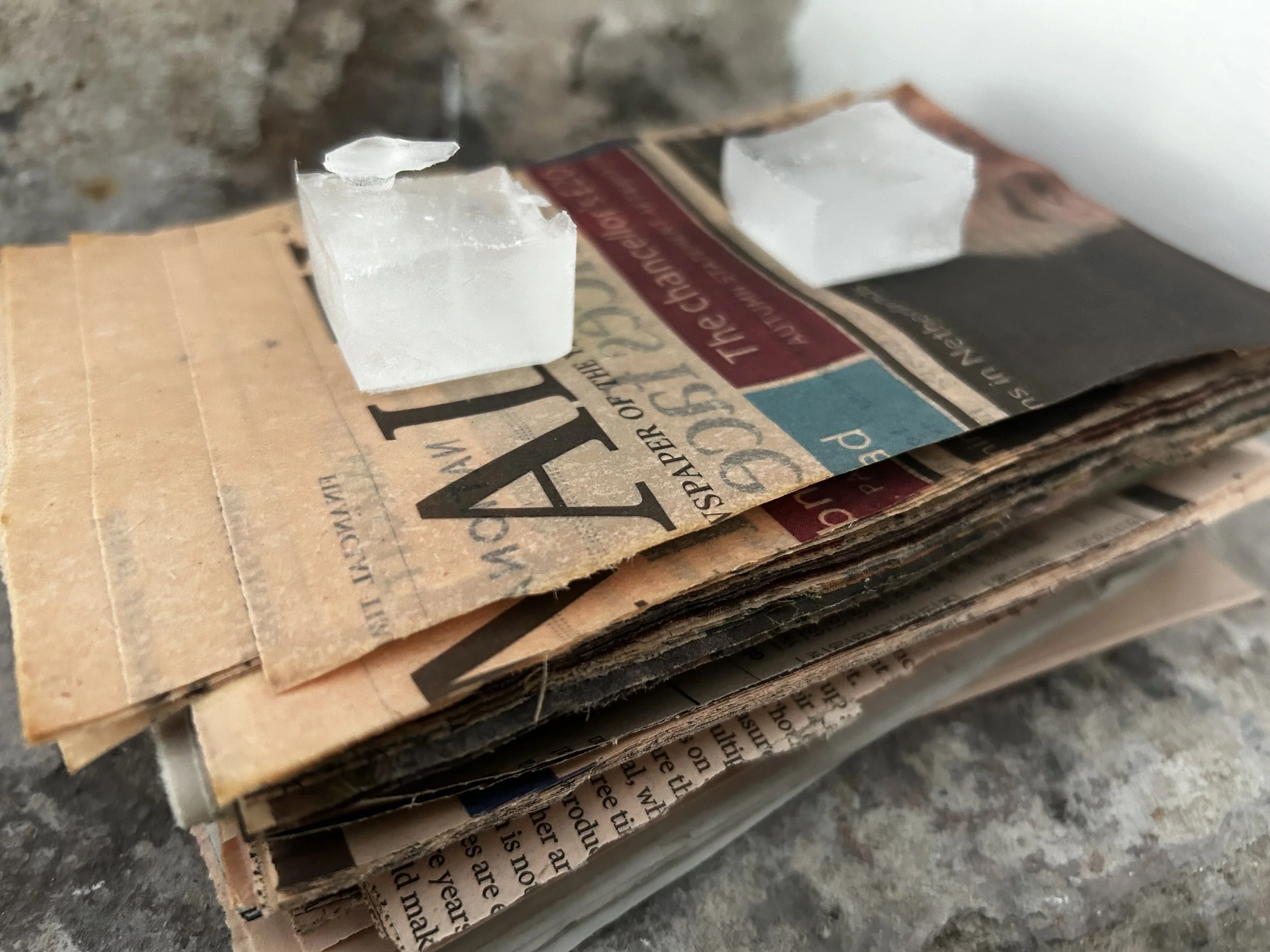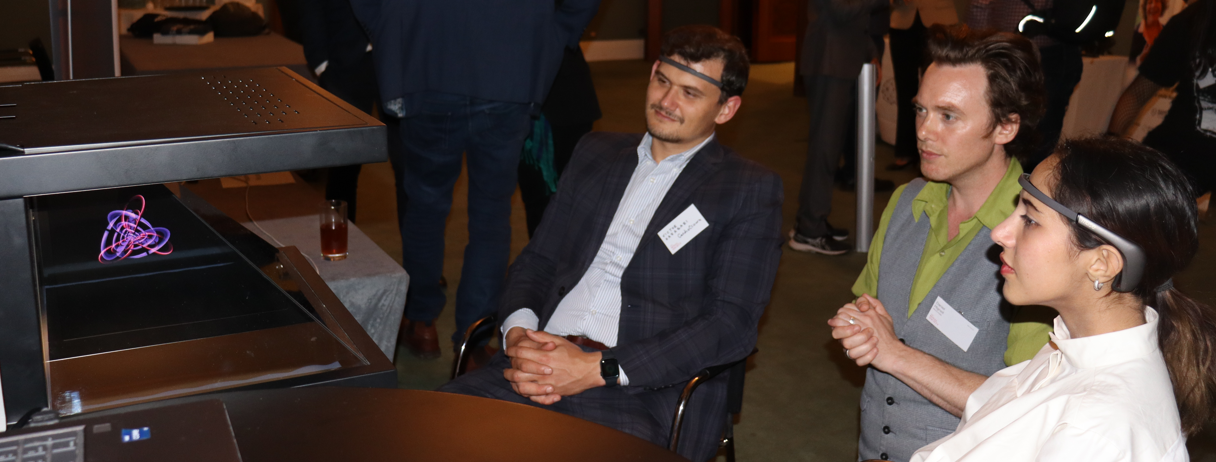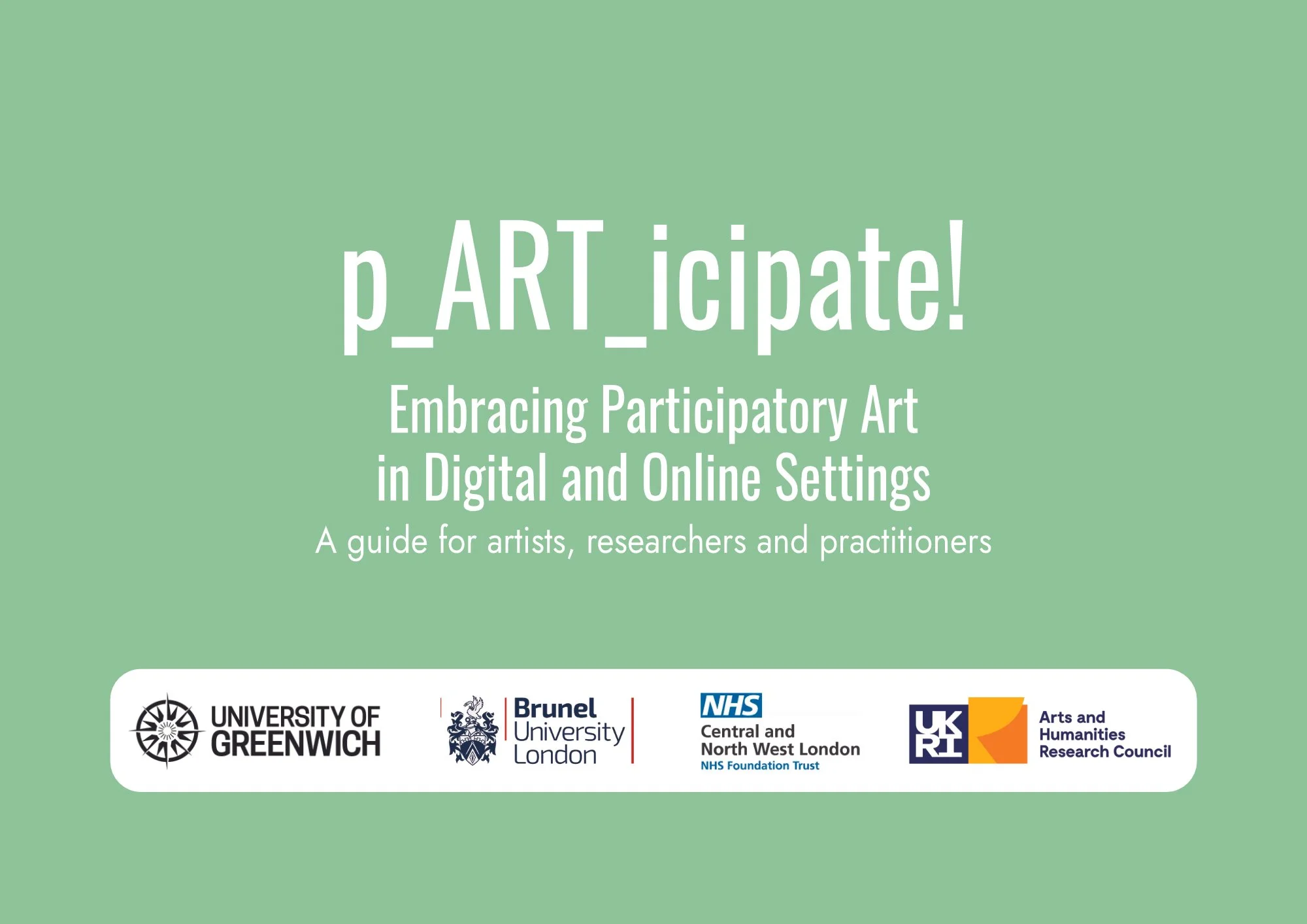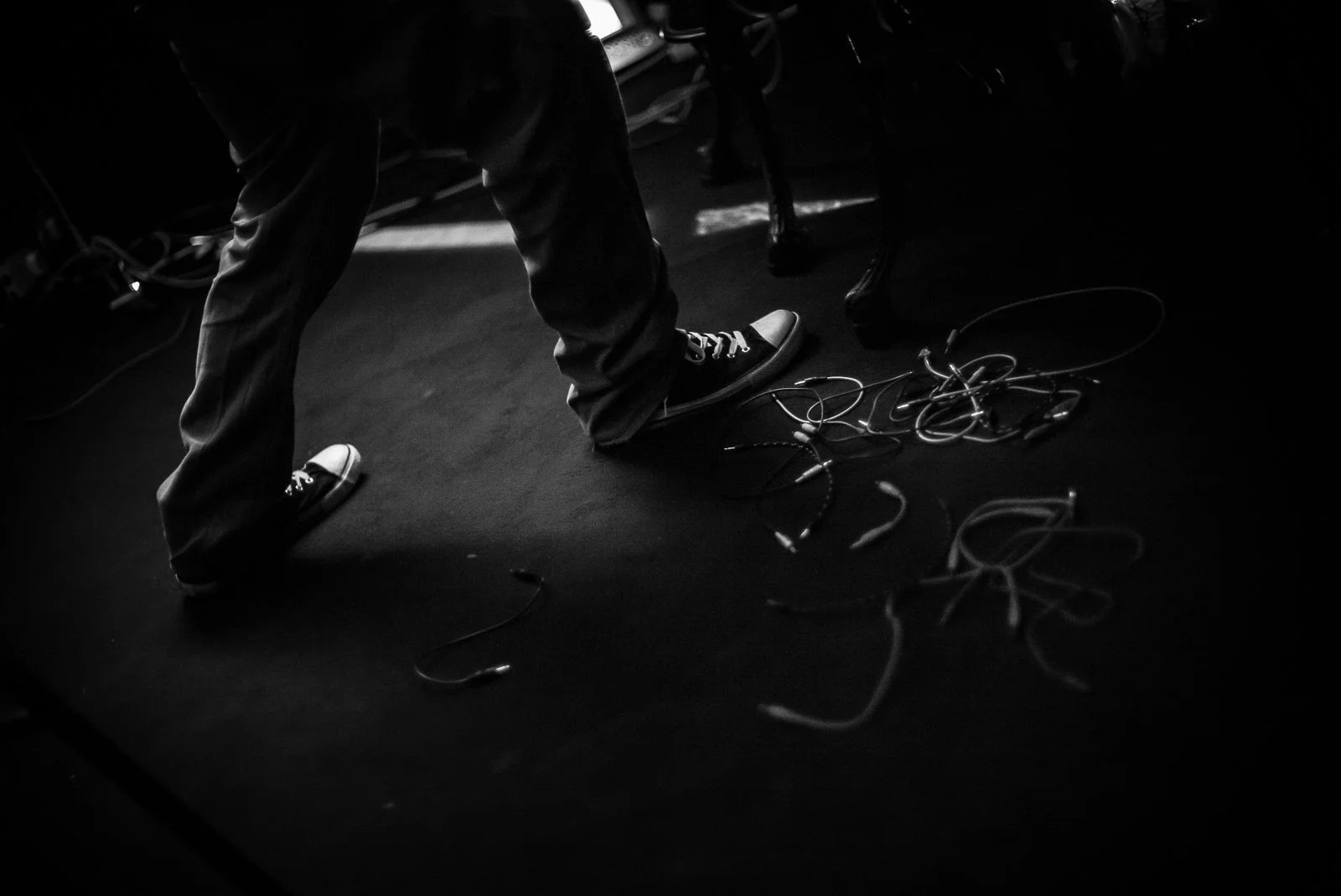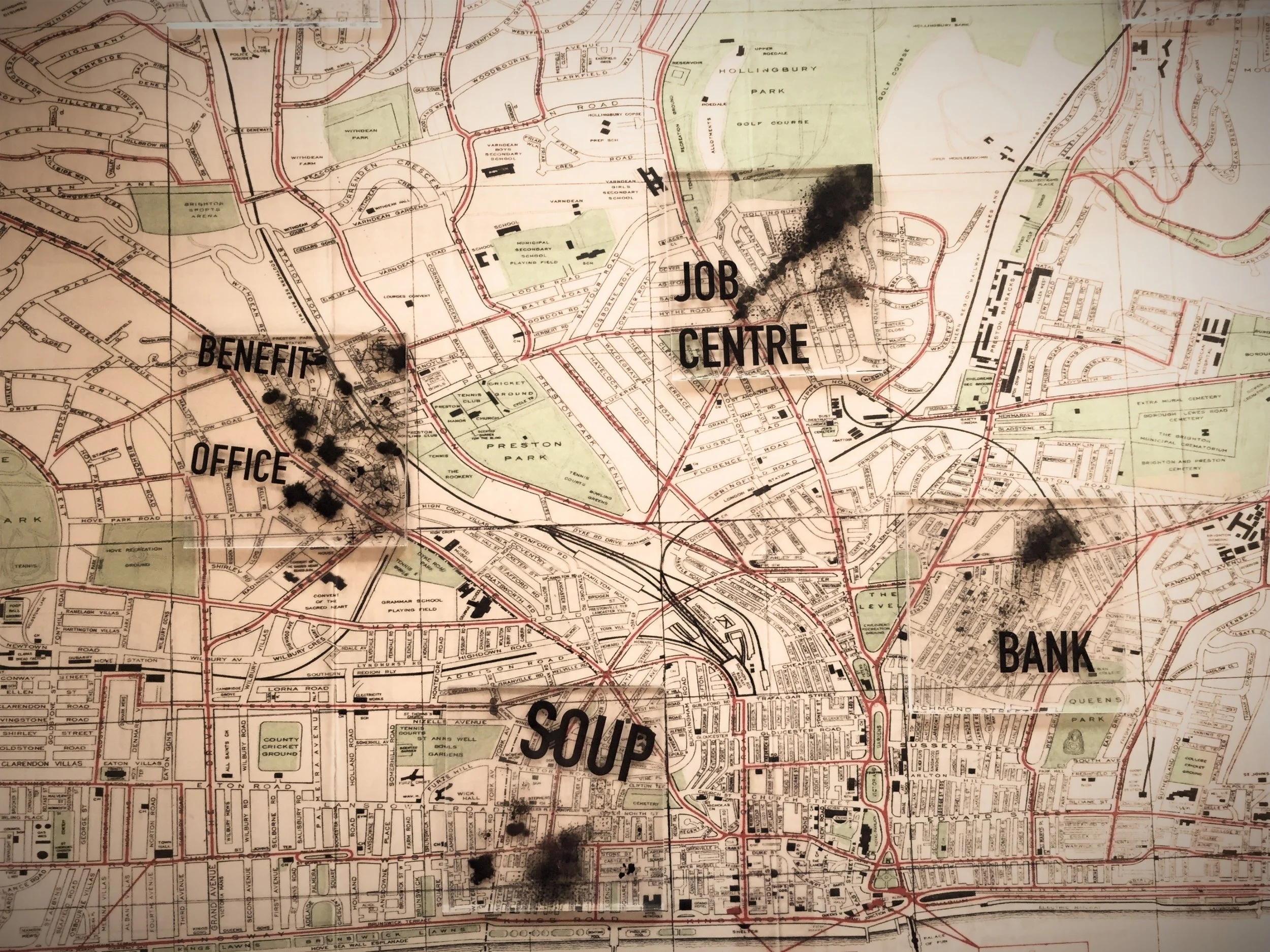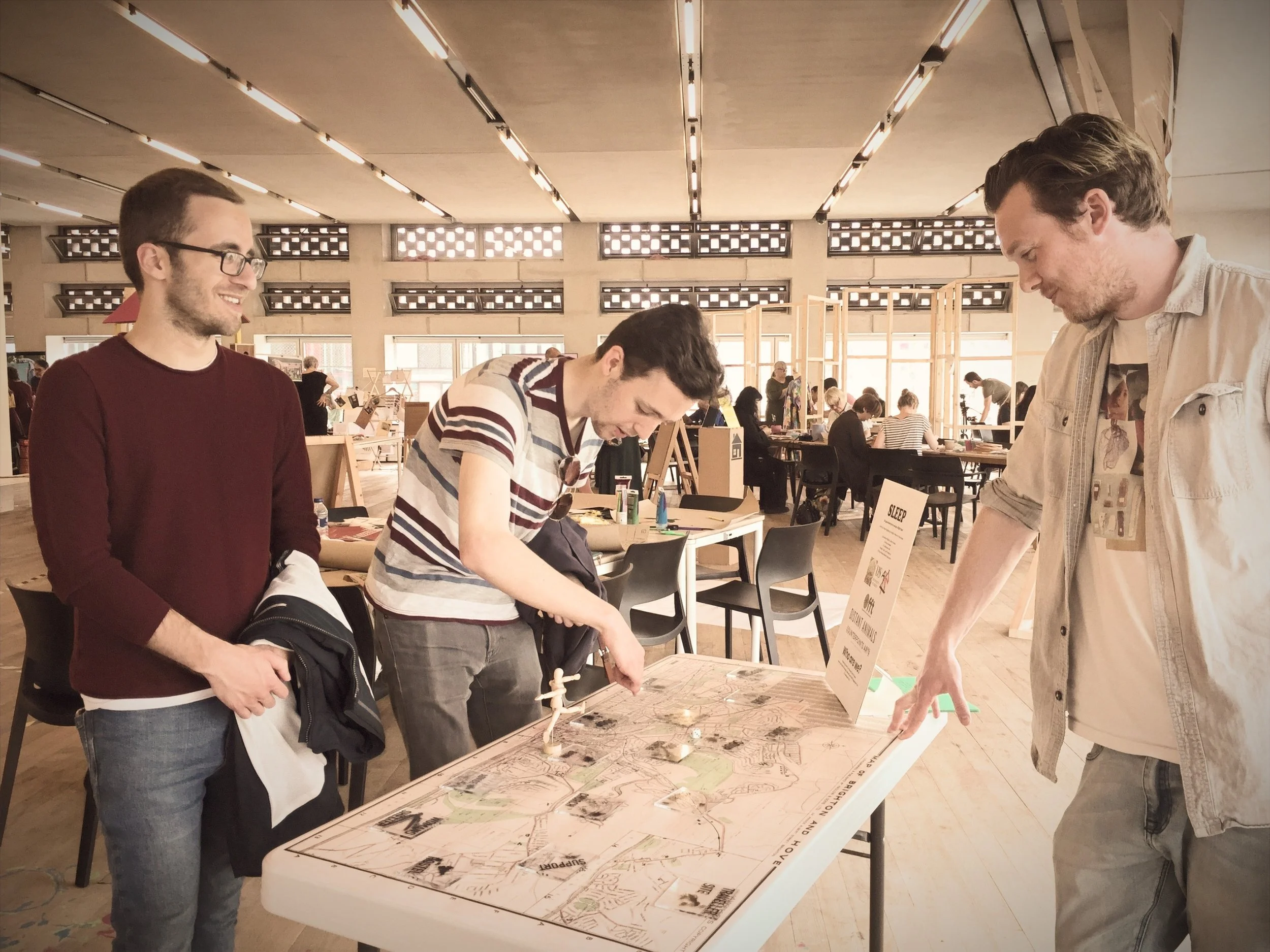AISH: Research
Art is Still Honest has collaborated on a range of research projects in fields as diverse as law, music, digital art, and healthcare. With a focus on practice-based research, accessible frameworks, and co-design, AISH seeks to explore the fundamental relationship between art, community, and well-being.
Instrumenting(s)
A collaborative, transdisciplinary research project with Dr. Lucy Finchett-Maddock (Art/Law Network) and Dr. Anders Hultqvist (University of Gothenburg), Instrumenting(s) explores the relationship between geology, sound, and law.
Incorporating community art projects in North Wales, alongside explorations of English rave culture, the project anticipates how communities read ‘signals’ generated from and within their landscape, and how such signals later shape legislation.
Our research has been published in the Journal of the Society of Advanced Legal Studies, presented at the London Critical Legal Conference, as well as resulted in exhibitions in London and Bangor.
Find out more at the Instrumenting(s) website.
p_ART_icipate!
Led by Dr. Olive Gringrich (University of Greenwich), the AHRC-funded p_ART_icipate! explored the role of digital art in engendering social connectivity and well-being. Based around the construction of four digital artworks, the project invited a range of participants - including those with physical and cognitive differences, NHS health workers, and students - to explore online digital applications for fostering creativity and community.
The project resulted in the creation of a new set of guidelines for the production of digital participatory works, and our research was published by ACM Siggraph, EVA Berlin, and International Journal of Performance Arts and Digital Media, amongst others.
Find out more about the project at the p_ART_icipate! website.
Post-Capitalist Cultures
Post-Capitalist Culture’s explores the social effects of the capitalist economies on artists and musicians’ well-being. Funded by the Guildhall School of Music and Drama, and engaging heavily with the grass-roots art & music scene, this ongoing research engages with creative practitioners often marginalised by the major platforms (such as Spotify or Ticketmaster) who dominate the creative industries. Asking questions about what it means to be a ‘professional’ artist when even successful practitioners earn less than a third of their income from their art, and how being a ‘failed’ artist (by capitalism’s terms) affects well-being, the project reimagines what sustainable, socially aware, and ecologically minded art might look like.
This research has been presented at Guildhall School of Music and Drama and the Sonic Rebels symposium.
Sleep! A participatory boardgame exploring the homeless crisis
First shown at the Tate Exchange, SLEEP was devised by Art is Still Honest and University of Sussex Law students to explore many of the issues that face Brighton’s homeless community, in the hope of fostering discussion about the practical and legal challenges they face.
Incorporating legal case studies, discussions with representatives from the travelling community, and participatory art methodologies, the project sought to share the real-world experiences of those experiencing homelessness through an interactive and accessible game that drew upon the often counter-productive reality of current legislation.
Spaceport One: Communities under threat
Spaceport One was a practice-based research project that sought to document and share the plight of the residents of North Uist - an island in the Scottish Hebrides. Here, the community is threatened by the development of a commercial sub-orbital spaceport - a development that, if built, will hugely impede the already challenging lives of the island’s residents.
The research project incorporated some 300 photographs of the area, alongside sound recordings and site-specific performances. Together, these artefacts were edited into a book and CD album, later released on the Difficult Art and Music record label. Recordings from the project have been played on BBC Radio 3, NAISA radio, Radio Mercure, ERR Klassikaraadio, and others.

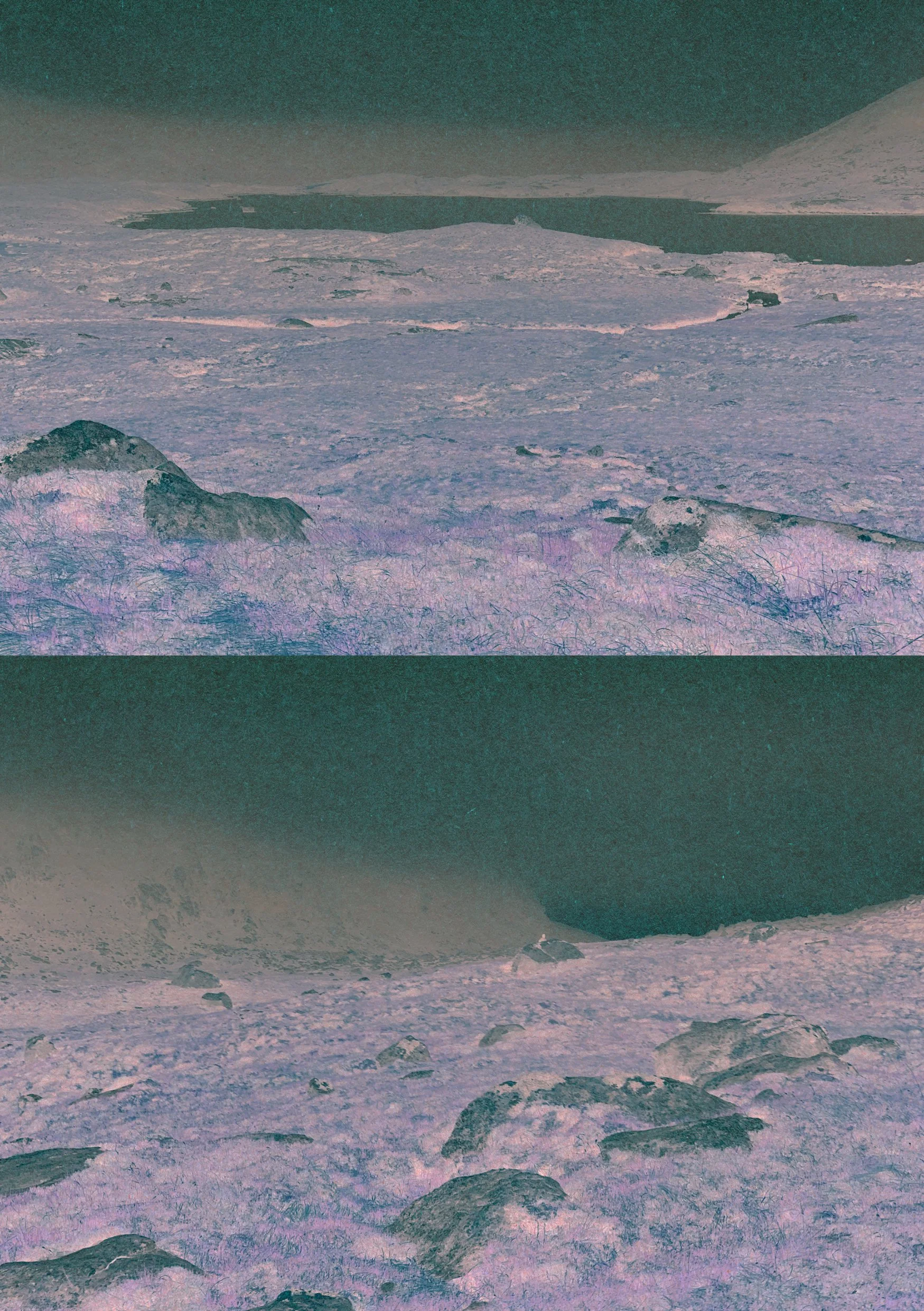
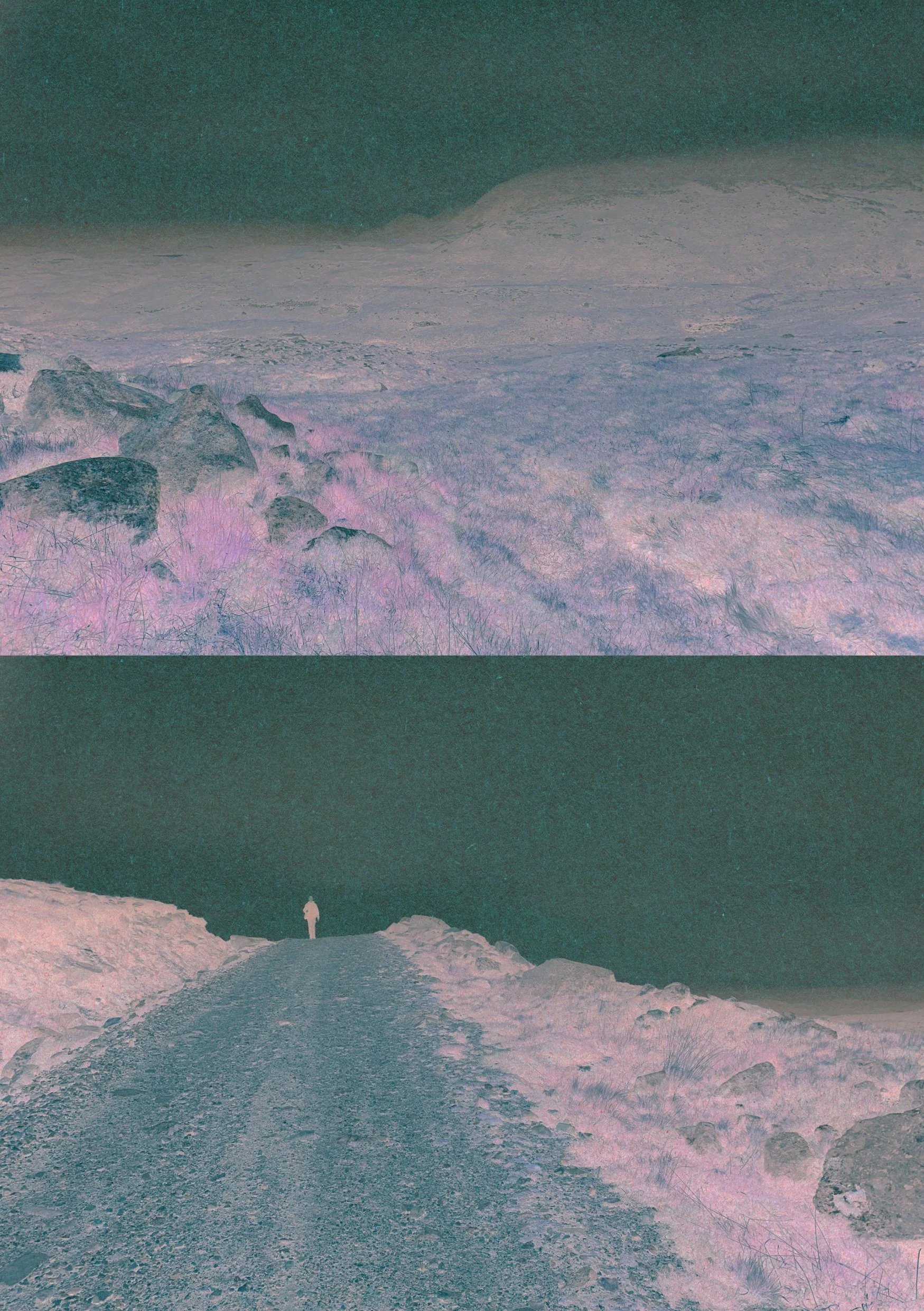








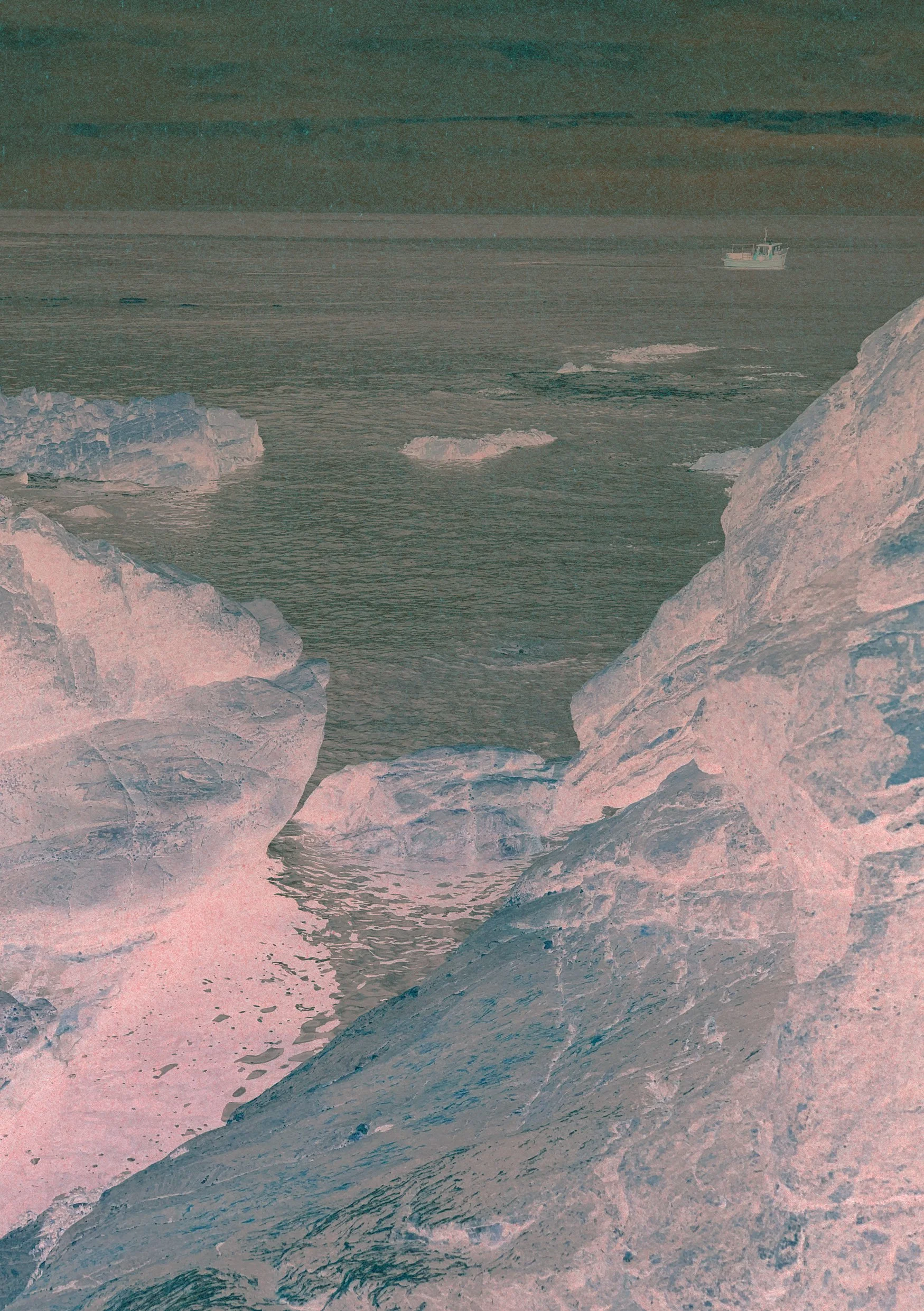

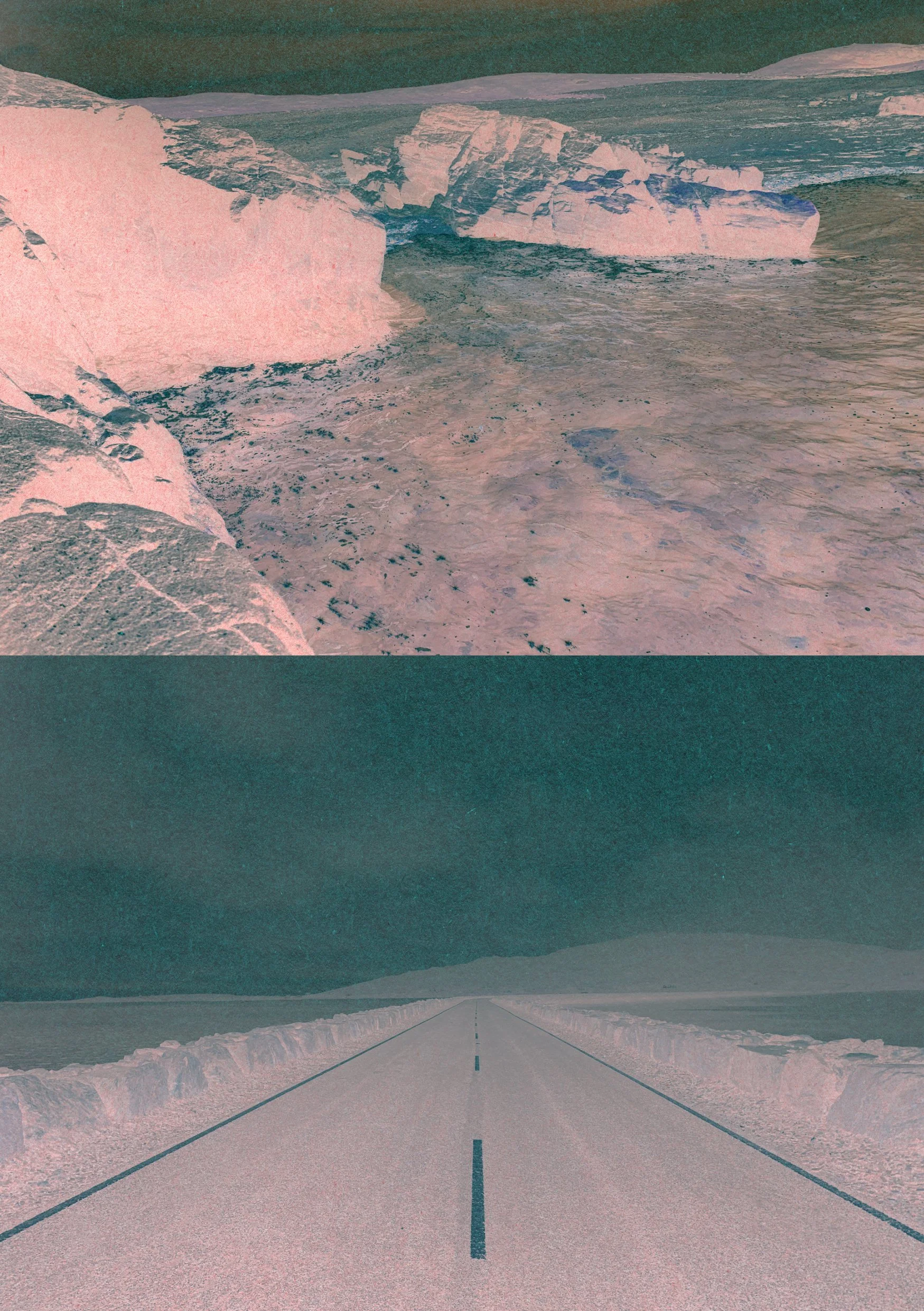
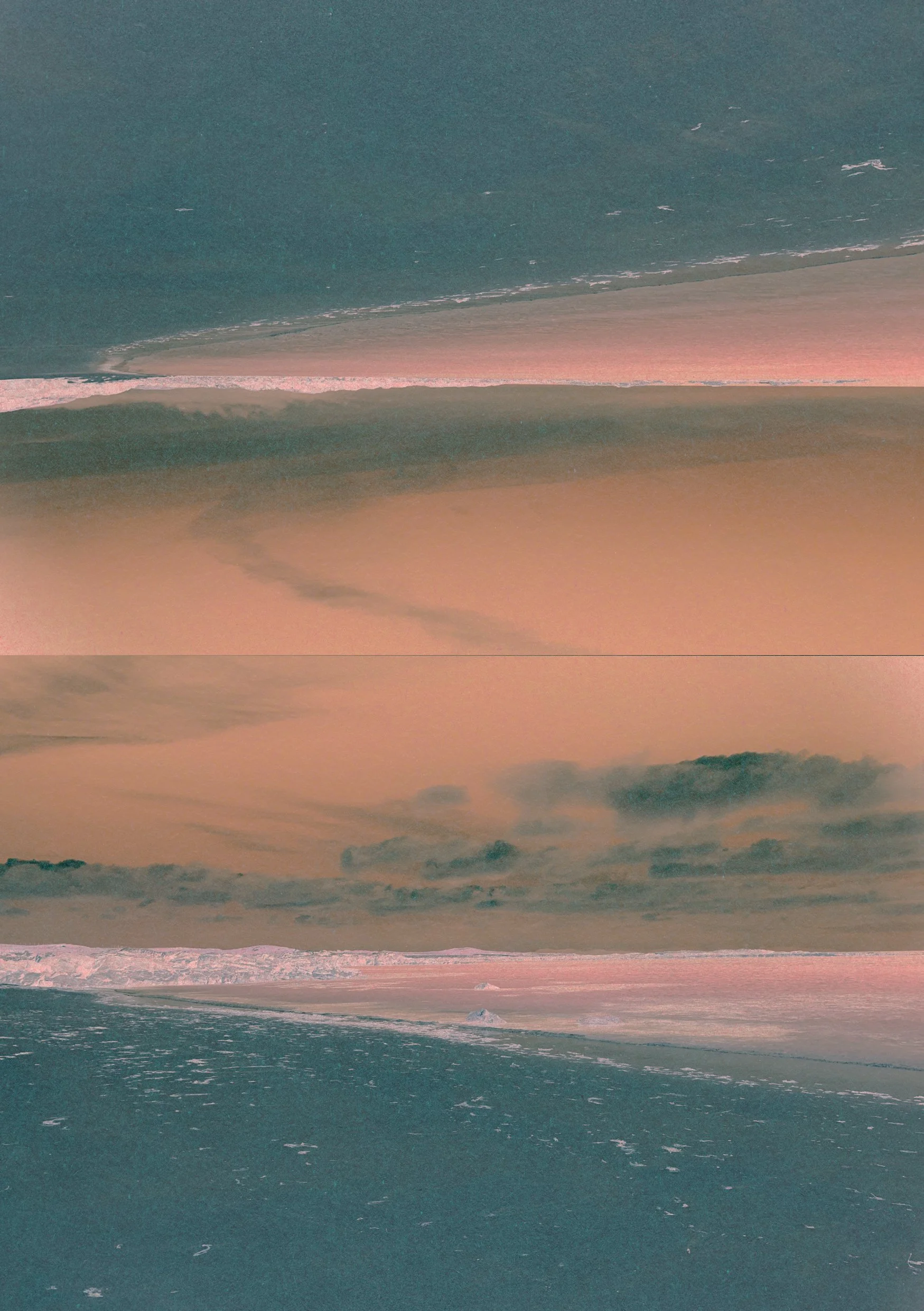

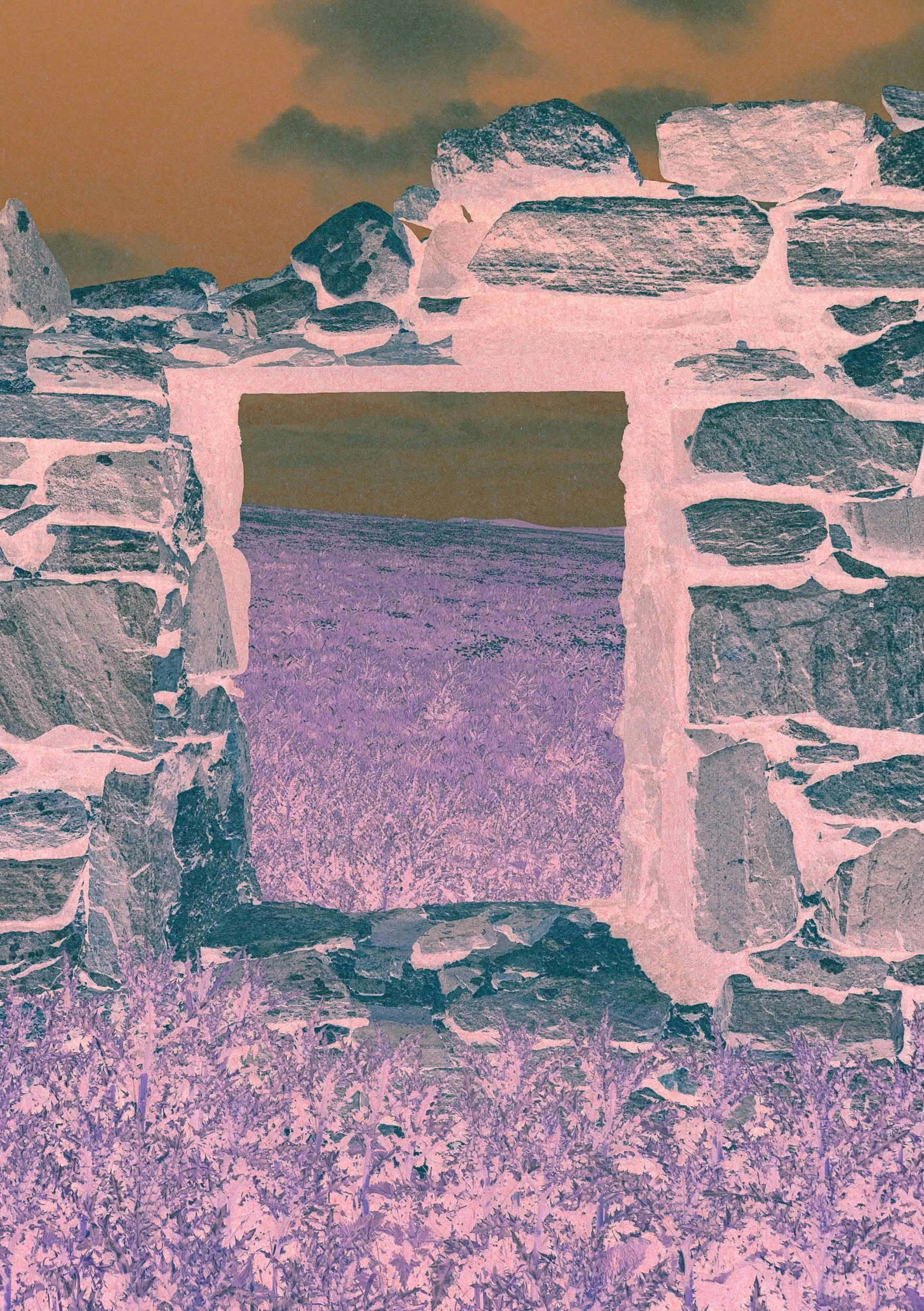
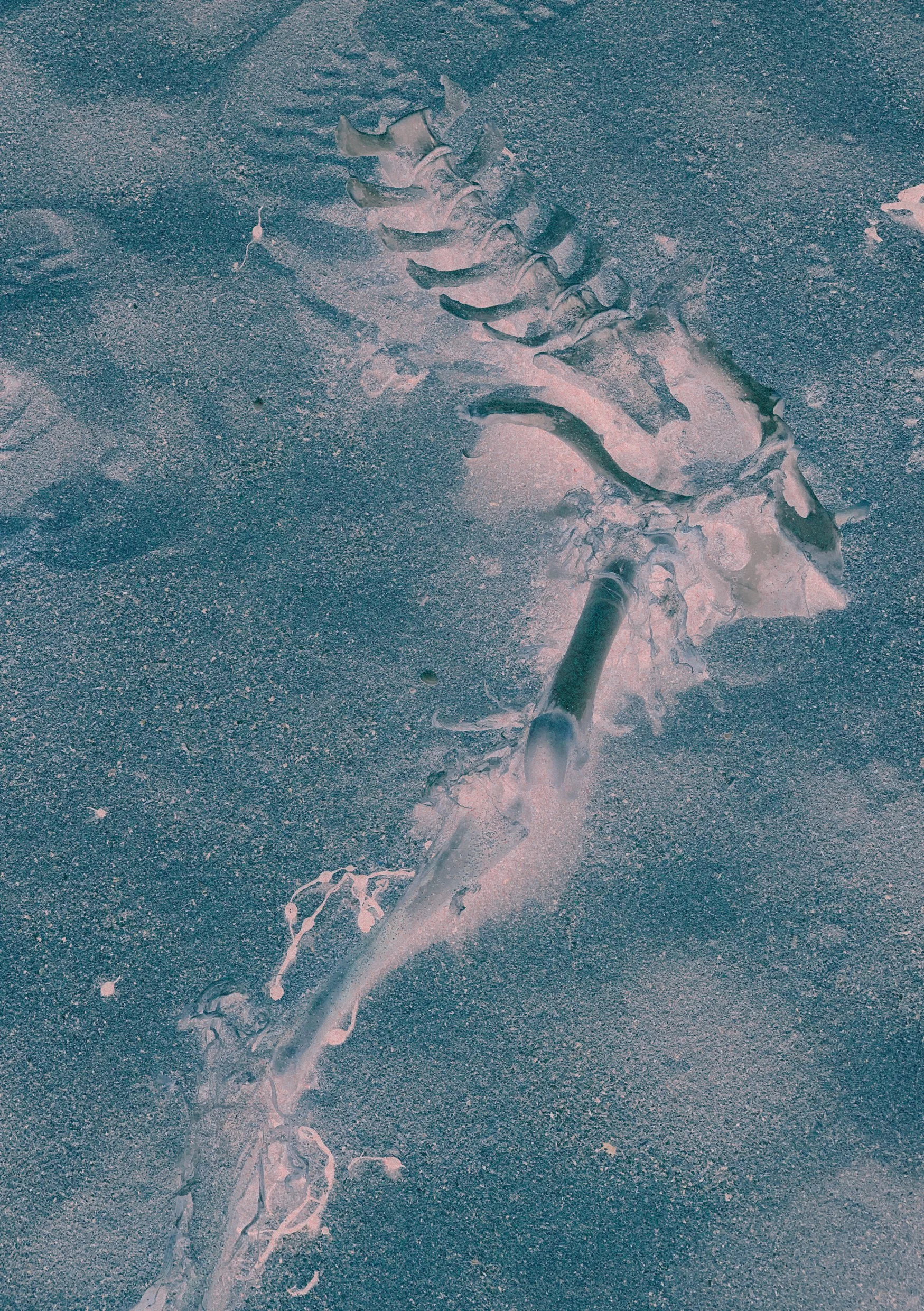





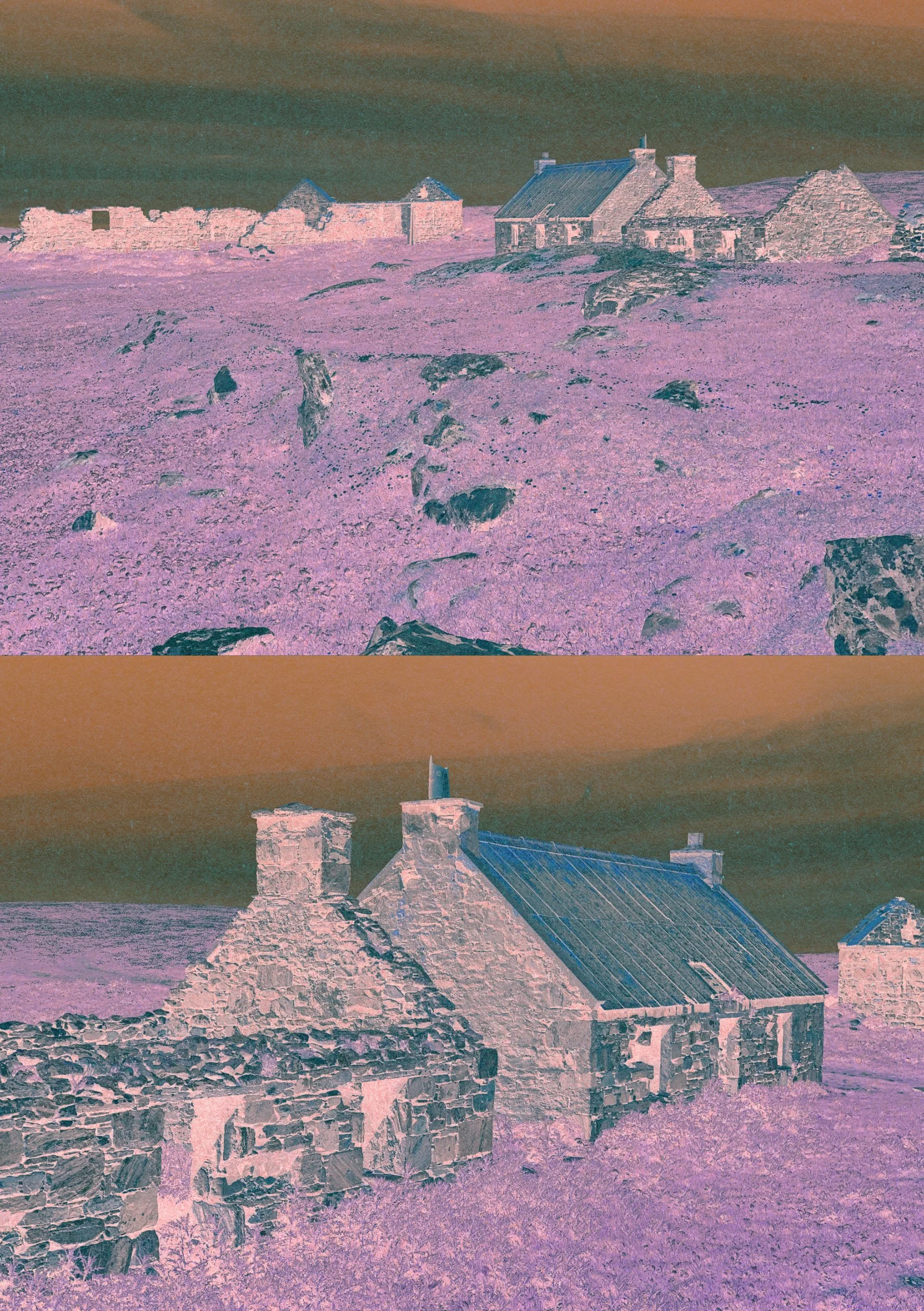
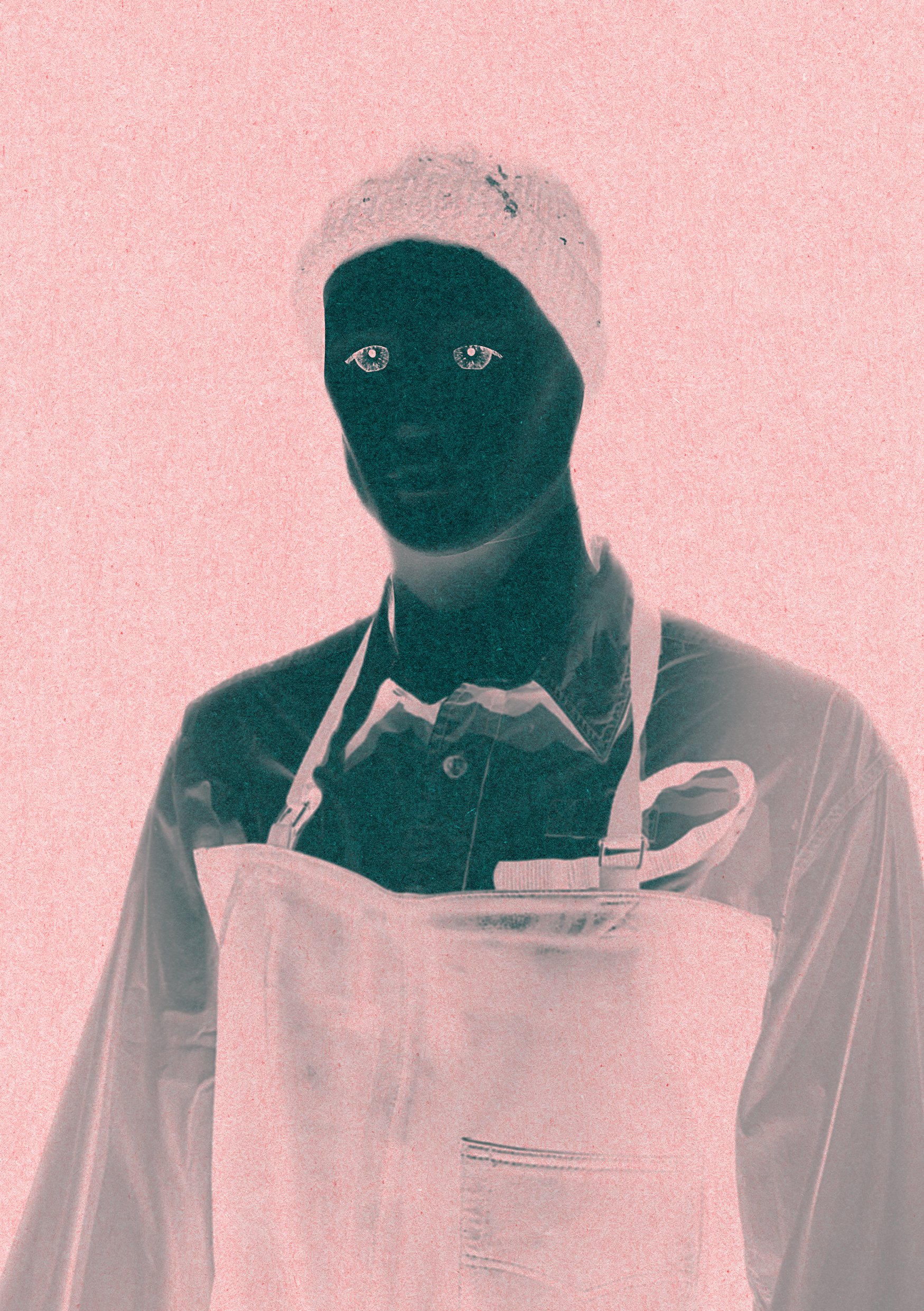


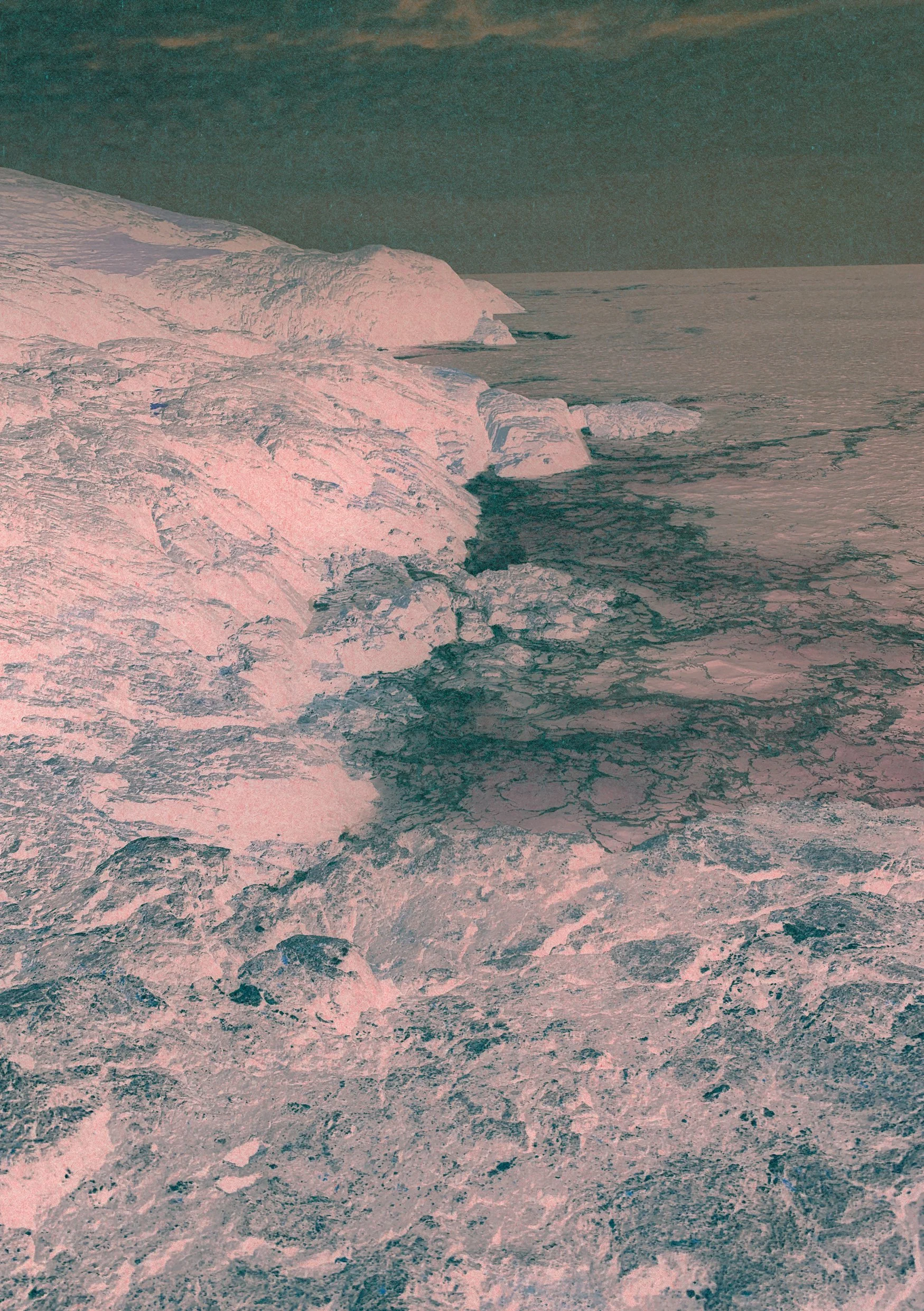
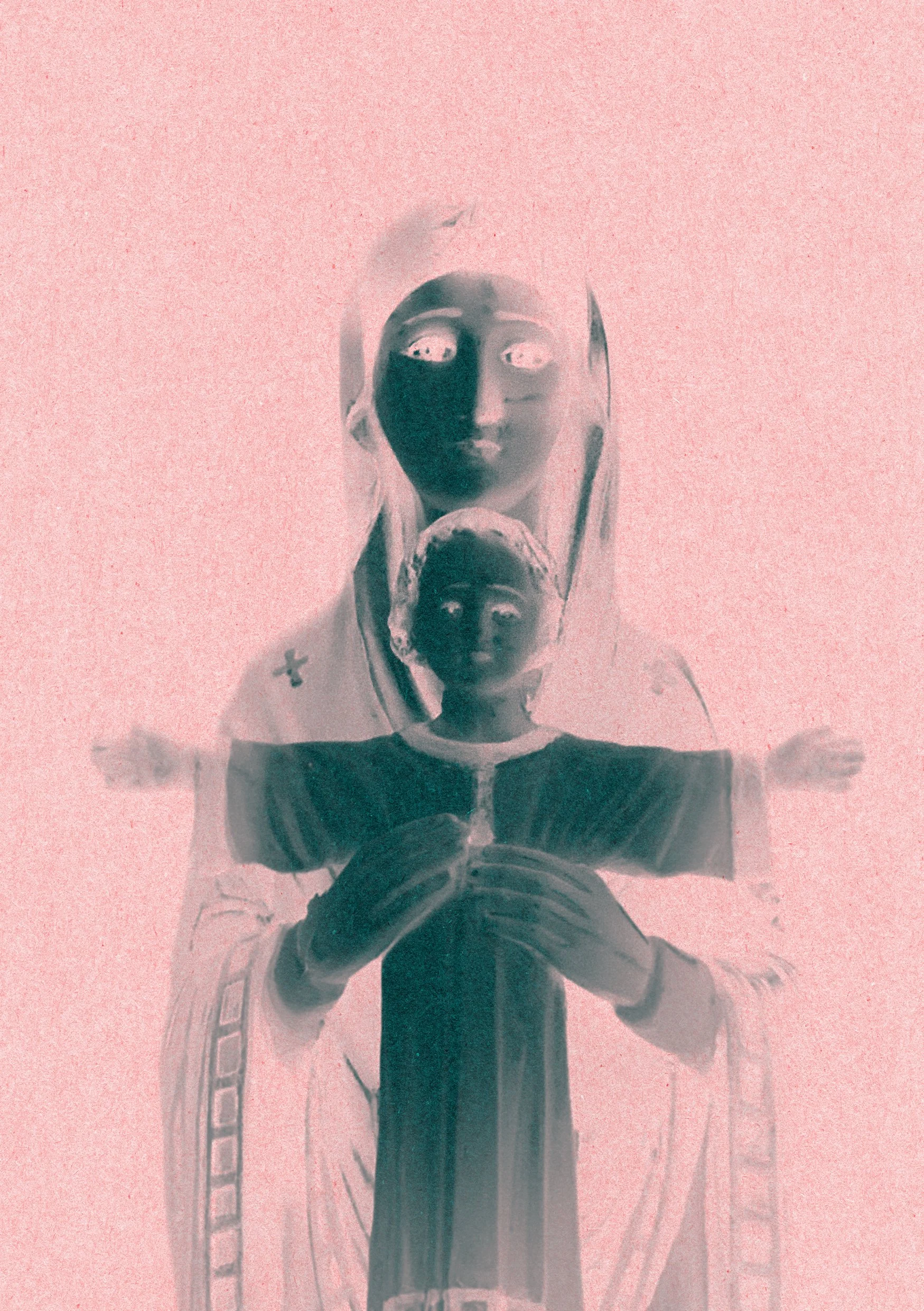

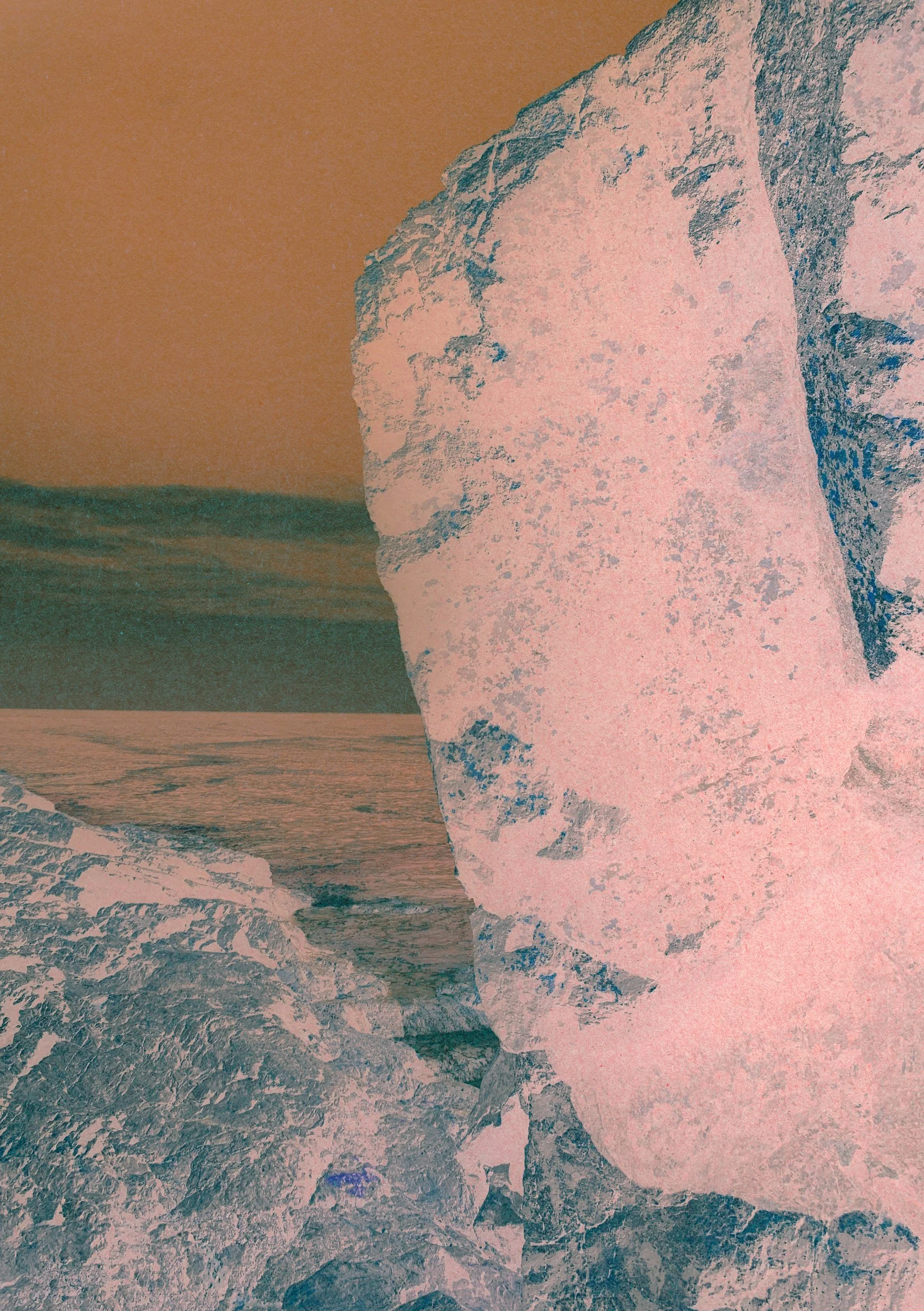

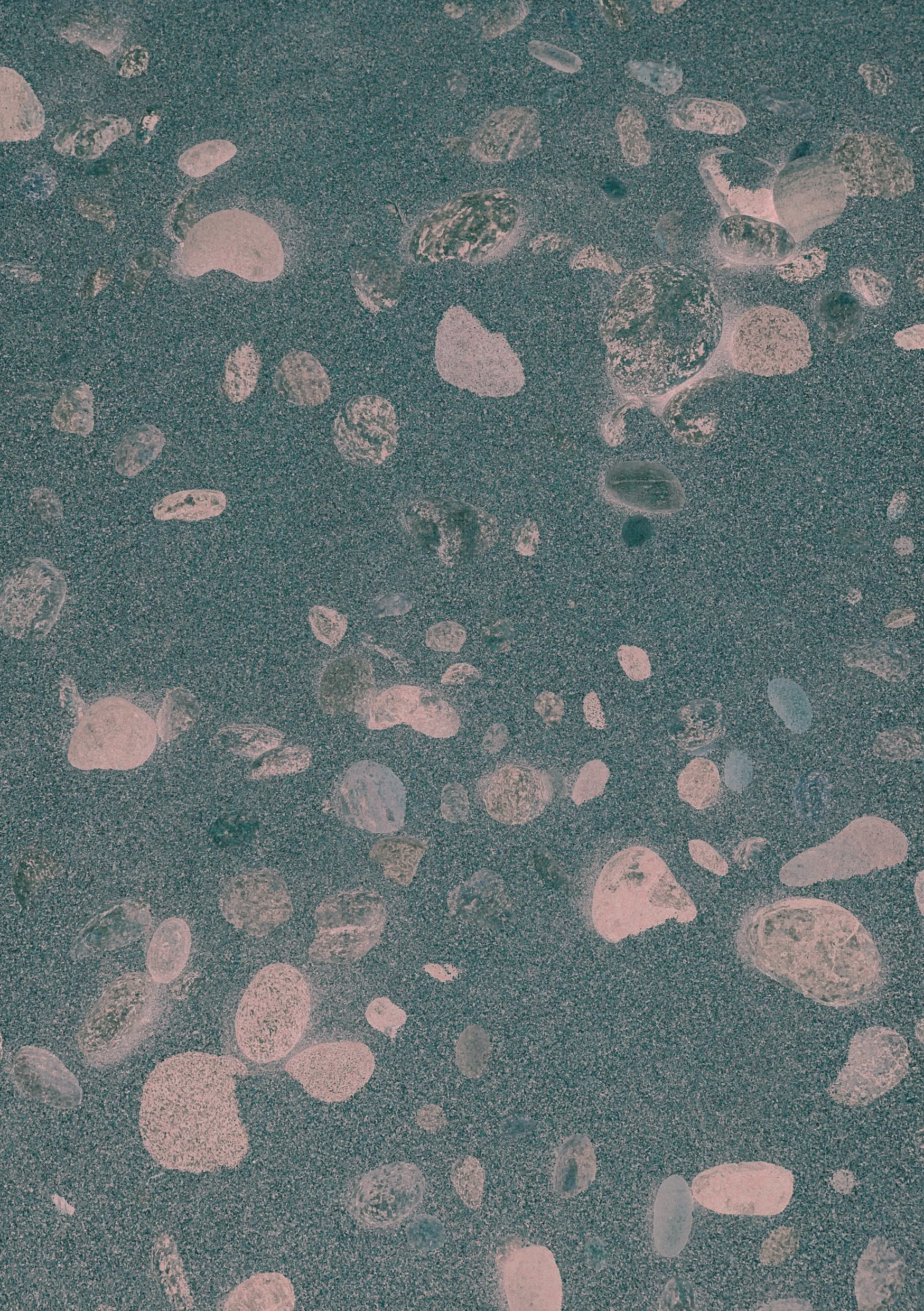
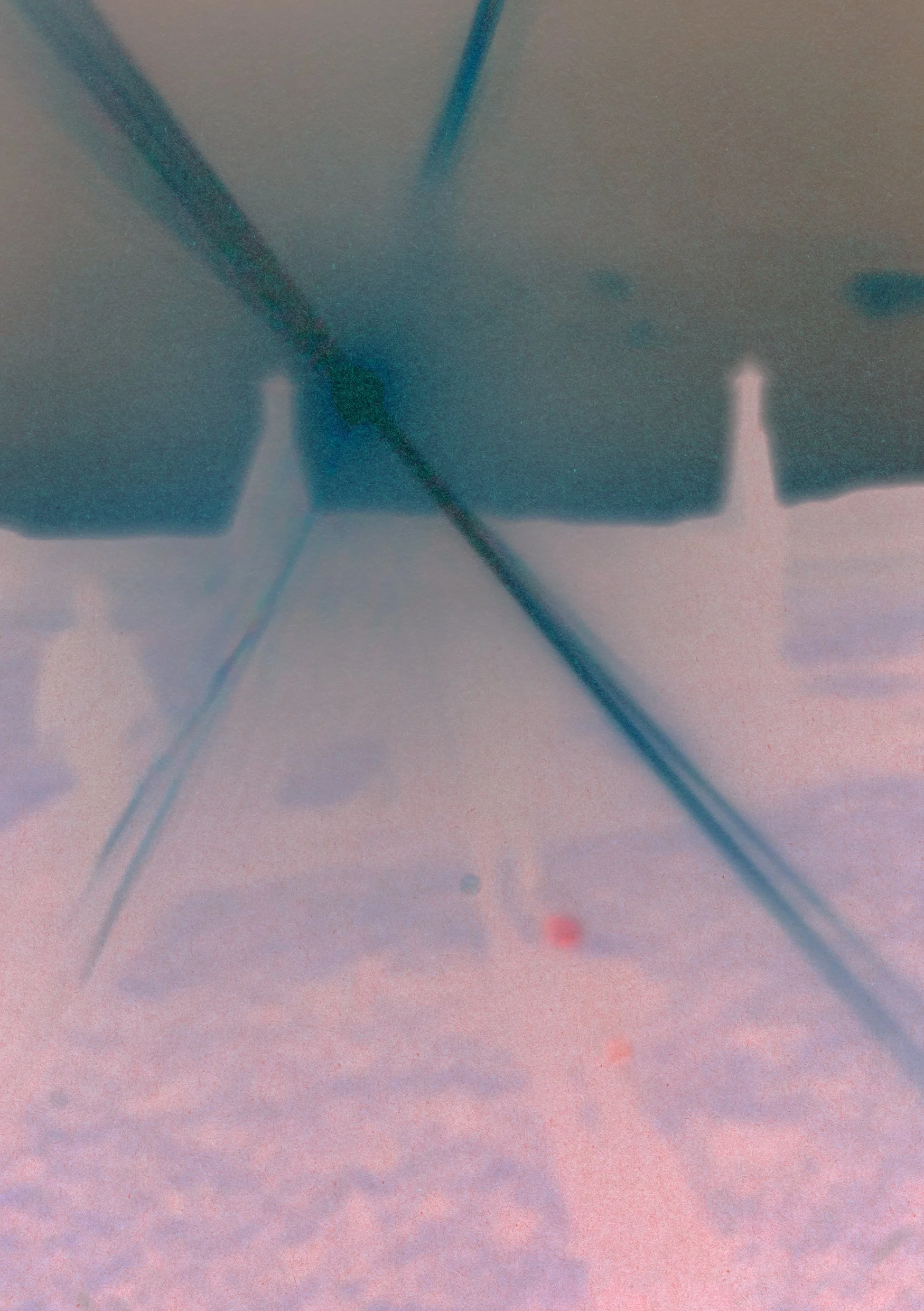




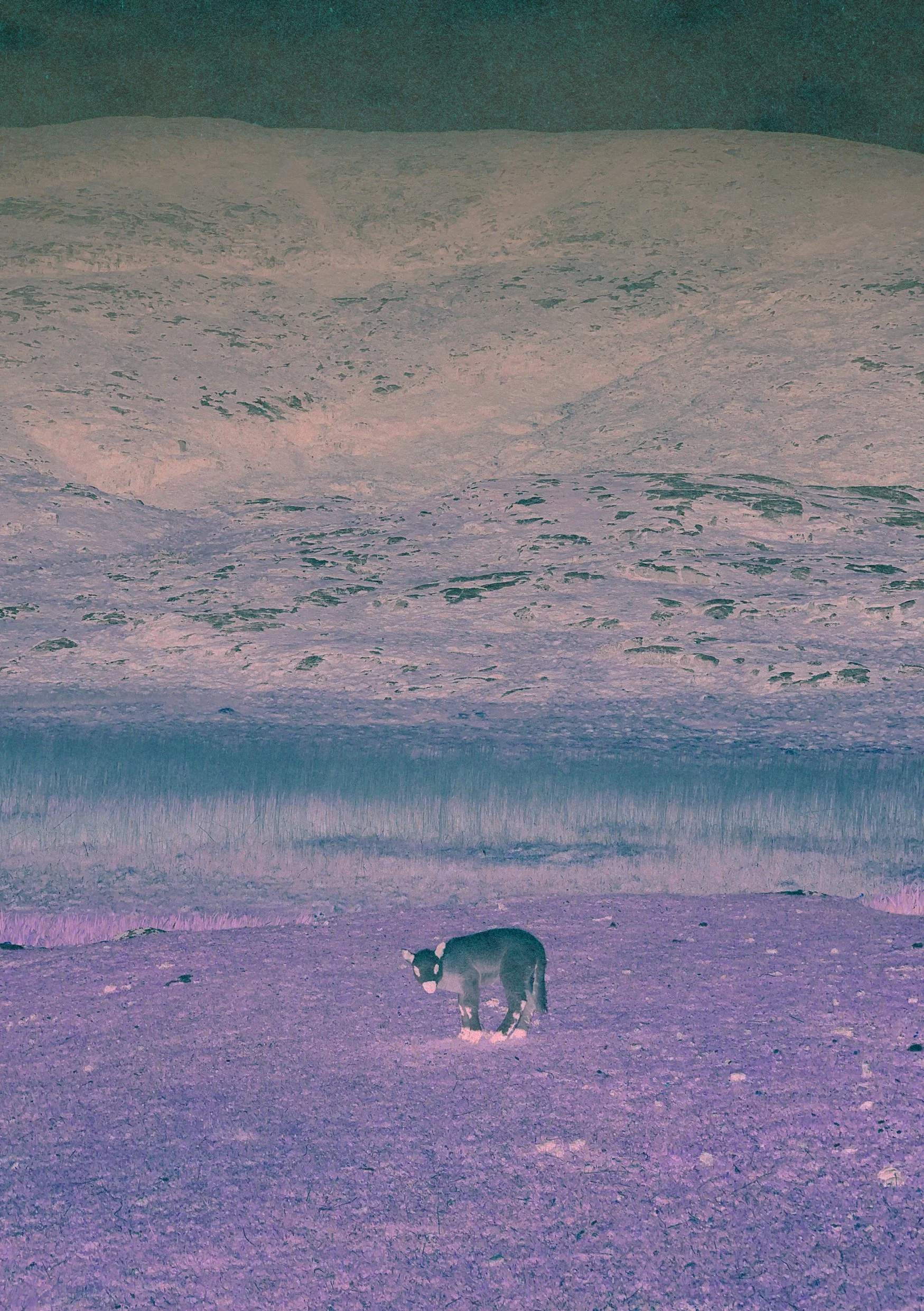



Contact us
Interested in finding out how our research experience might support your project? Get in touch!
